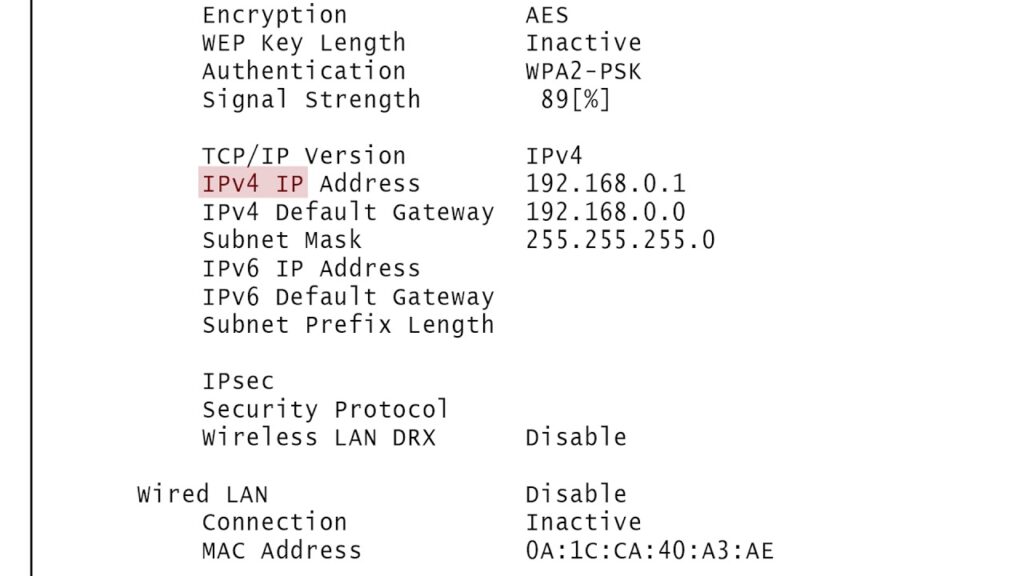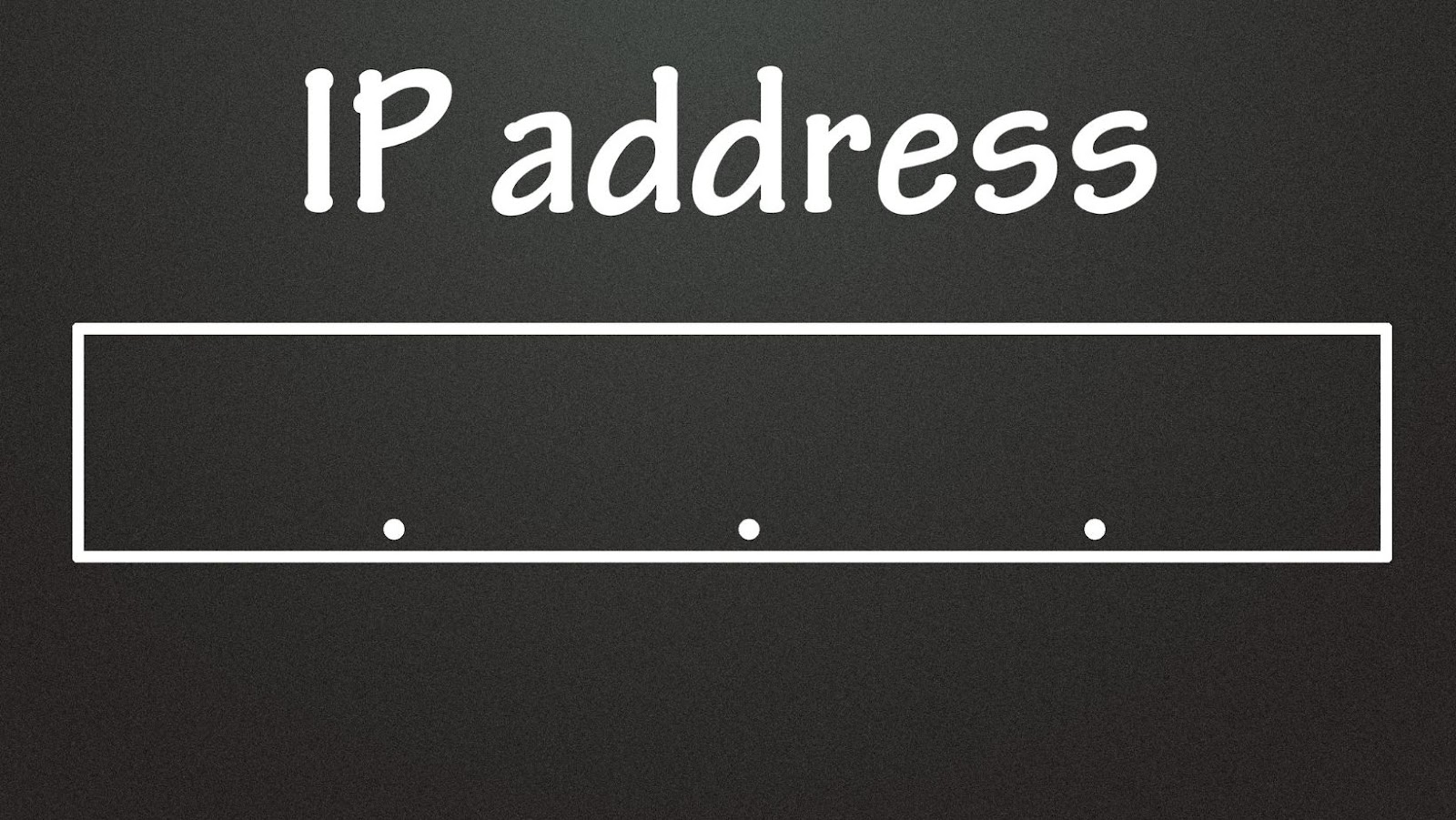Pentagon gave control of millions of dormant IP addresses to Florida company
Recently, the Pentagon has given control of millions of dormant IP addresses to Florida-based technology firm, IPsx LLC. This is a monumental decision as the Pentagon entrusts a private company with a large chunk of the US internet infrastructure. In this article, we will be exploring the implications of this decision and the pros and cons that come with it.
What is an IP address?
An IP address, short for Internet Protocol address, is a unique identifier assigned to each device connected to the internet. It allows two devices – the sender and the receiver of an internet communication – to connect. Your IP address is used in networking, ensuring that all data transmitted between two locations can be accurately routed.
An IP address consists of four numbers separated by periods, each number ranging from 0-255 (e.g., 126.247.54.11). These numbers form a 32-bit number (called an IPv4) which uniquely identifies a networked device on the internet, be it a computer, a router or any other connected device.
In addition to IPv4 addresses, there are now newer versions of IPv6 addresses, which consist of 128 bits rather than 32 bits. This significantly increases the amount of available network addresses that can exist on the web and further secure their connection for devices on the internet.
What is the Pentagon?
The Pentagon is the headquarters of the United States Department of Defense, located in Arlington County, Virginia. Established in 1789 and rebuilt in 1941 following damage sustained during World War II, it has served as the principal office building of the Secretary of Defense and its military staff since then. It is often referred to as “the Pentagon” due to its characteristic shape.
The Pentagon is one of the largest office buildings in the world, with 6.5 million square feet (607,000 m2) of office space, and is home to approximately 23,000 military and civilian employees and about 3,000 non-defense support personnel.
Background
Recently, the Pentagon has given control of millions of dormant IP addresses to a Florida-based company, allowing them to use the addresses for their purposes. These dormant IP addresses were previously owned by the federal government, but have since been relinquished into private hands.
With this new development, it’s worth exploring how the Pentagon came to this decision and what this could mean for the future.
What is the Pentagon’s role in IP address control?
The Pentagon is responsible for maintaining and controlling millions of inactive Internet protocol (IP) addresses. In May of 2019, the Department of Defense (DoD) approved a transfer of control over 16 million inactive IP addresses from the federal government to a Florida-based company, Eureka Technology Partners.
The DoD is the executive branch department which acts as the primary decision maker for addressing policies related to Internet governance. The Pentagon’s role in IP address control includes controlling access to these 16 million inactive IP addresses, determining who can use them and when they can be used. In addition, they are responsible for ensuring that any changes made to these IPs comply with US Government regulations and standards.
When an organisation or individual is issued an Internet protocol address, it should be logged with the Pentagon to preserve accountability. This helps prevent unauthorised or malicious use of any IP address associated with the US military or government agencies. This aims to protect national security interests while ensuring law enforcement gains access only when necessary.
The Pentagon’s role extends beyond controlling access to these inefficient Internet Protocol Addresses:
- It also has a role in setting up international conformance testing laboratories for networking products;
- maintaining international agreements;
- helping coordinate security efforts between foreign governments; and
- coordinating interagency information sharing initiatives.
Who is the Florida-based company?
The Florida-based company to which The Pentagon has given control of millions of inactive IP addresses is a private, not-for-profit corporation called Packet Clearing House (PCH). Founded in 1998, PCH is an international network operator and technical research center based in the San Francisco Bay Area. It is dedicated to providing global internet operators and organisations with reliable, secure access to the world’s Internet resources.
Among its many goals, PCH helps bridge the digital divide by providing technical assistance and advice to organisations just starting connecting their networks to the Internet. It also operates some of the largest globally-networking Internet exchange points, allowing data from one end of the world to be sent quickly and securely throughout networks worldwide. Additionally, PCH collects data on packet routing throughout the world to study Internet trends and analyse new developments for potential security threats.
This expertise has made it a trusted partner for The Pentagon’s transition away from its previously held IPv4 address pool. By utilising its knowledge base combined with robust operational infrastructure support capabilities, PCH can quickly take action when necessary while allowing users worldwide consistent access to essential online services.
Pentagon’s Decision
Recently, the Pentagon has decided to give control of millions of previously-inactive internet protocol (IP) addresses to a Florida-based company, under a longstanding agreement with the company. This news has raised concerns about the potential for the company to misuse the dormant IP addresses and utilise them for malicious activities.
This article will explore the Pentagon’s decision and the potential implications of handing control of the dormant IP addresses to the Florida-based company:
Why did the Pentagon give control of millions of inactive IP addresses to a Florida-based company?
The United States Department of Defense (DoD) has given a Florida-based company, Valencell, control over millions of inactive internet protocol (IP) addresses to test and develop new technologies. This move can improve the security of DoD networks and help service members to securely gain access to critical information.
Valencell will be able to utilise the dormant IP addresses for activities such as “implementing testing, developing and deploying new technologies that are relevant for the military and DoD mission”. This includes improving cybersecurity technology and providing tools that allow service members secure access to government websites.
Additionally, Valencell will take advantage of the increased address space available from the IP addresses by creating a secure cyber range that can run complete simulations, virtual machines, and deployment operations. By leveraging this ability, the company will reportedly enable organisations “to evaluate new cyber solutions in a realistic environment”.
The decision by the Pentagon is part of an effort by the Department of Defense to enhance its network security posture while continuing service member access to important resources without risking attack from malicious actors who may target these IP ranges. The Department’s goal is that this agreement will provide improved programmatic abilities which will benefit DoD initiatives going forward.
What was the reaction to the Pentagon’s decision?
The Pentagon’s decision to grant a five-year exclusive contract to a Florida-based company to control millions of inactive internet protocol (IP) addresses has raised some eyebrows in the tech community. The American Registry for Internet Numbers (ARIN), the non-profit organisation responsible for coordinating and managing IP numbers, issued a strongly worded statement expressing disappointment over the contract.
Additionally, several major technology companies, including Amazon Web Services, Microsoft, Google and Apple have publicly expressed concern about the contract due to its potential impact on global internet security. This is because malicious actors often use inactive IPs for cyberattacks, ransomware attacks or data breaches.
Other organisations and individuals have likewise voiced their disagreement with the Pentagon’s decision due to its likely negative implications on the global digital infrastructure. In addition, these criticisms argue that giving control of inactive IP numbers to a private company reduces transparency and accountability regarding how those resources are used.
The U.S Department of Defense has since defended its decision as necessary in order to protect its networks from malicious actors that may use unused IPs for nefarious purposes. However, it remains unclear if this move would improve security or could be used as a tool by cybercriminals wanting access to more resources.
Implications
The Pentagon’s decision to award control of millions of dormant IP addresses to a Florida-based company has raised eyebrows and drawn scrutiny, as this move could potentially have far-reaching implications.
This move could allow the company to monopolise the access to certain online services, potentially limiting the competition in some industries. It could also potentially be used as a tool to increase censorship online. Therefore, it is important to consider the potential impacts of this decision and what it means for businesses, consumers, and the public.
What are the implications of this decision?
The implications of the decision by the U.S. Department of Defense to hand over millions of unused IP addresses to a Florida-based company, Packet Clearing House (PCH), are far-reaching and could have serious consequences for both cybersecurity and online privacy.
By relinquishing control of these IP addresses, the Pentagon has put users at greater risk from cyber attacks and data theft, as cybercriminals can now use them to access sensitive systems. The move also increases exposure to “phishing” scams, whereby attackers use malicious emails or websites to trick victims into submitting their credentials or other personal information. Additionally, cyber attackers may gain access to users’ computers without their knowledge by using compromised IP addresses as network launchpads for attacks on other targets on the internet.
The move could also have significant effects on user privacy. For example, unused IP addresses can be used to identify users’ locations and track them online, making it easier for governments or corporations to collect data about their activities or interests without their knowledge or consent. Additionally, PCH could sell this data or trade it with third parties for profit if it is not properly protected from such abuses.
Overall, this decision highlights the importance of ensuring that control over critical infrastructure remains firmly in government hands so that citizens’ rights are protected from unscrupulous actors seeking to exploit valuable resources for potentially malicious purposes.
What are the potential benefits of this decision?
Several potential benefits may be realised by granting the Florida-based company control of the inactive internet protocol (IP) addresses.
- Increased security of military and government networks, as these addresses will not be used to access these networks, so they cannot become vulnerable entry points.
- Cost savings for non-military organisations who use surplus military IP addresses, as they will now have access to a much larger pool of resources.
- New opportunities for scientific and technological research about internet protocols and networking technologies, as researchers may develop new innovative solutions that solve existing problems in the field.
tags = millions of dormant IP addresses, obtained control of 56 million Pentagon-owned IP addresses, whistleblower nso us mobileumtimberg washingtonpost, whistleblower nso mobileumtimberg washingtonpost, group us mobileumtimberg washingtonpost, dod 175m ipv4 dodtimberg washingtonpost, dod 175m florida dodtimberg washingtonpost, the 175m florida dodtimberg washingtonpost, the 175m ipv4 florida dodtimberg washingtonpost, 175m ipv4 trump dodtimberg washingtonpost, new sec facebooktimberg washingtonpost, the 175m ipv4 dodtimberg washingtonpost, department of defense ip address, defense digital service





More Stories
Employee Monitoring Software: Boost Productivity
Stay Ahead of the Game: How Operational Threat Intelligence Can Protect Your Business
Maximize ROI with Interactive Ecommerce Product Configurators in Display Ads